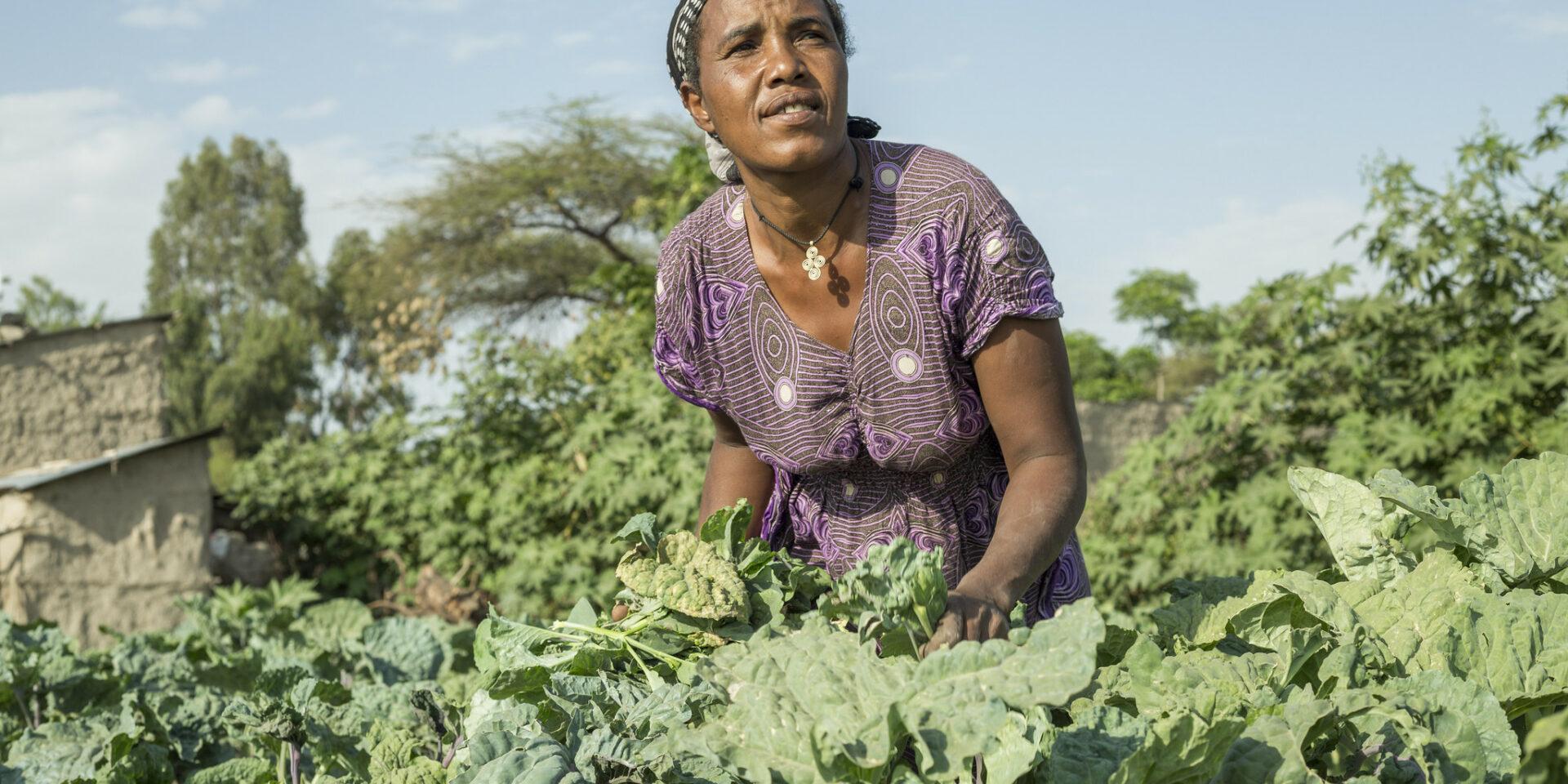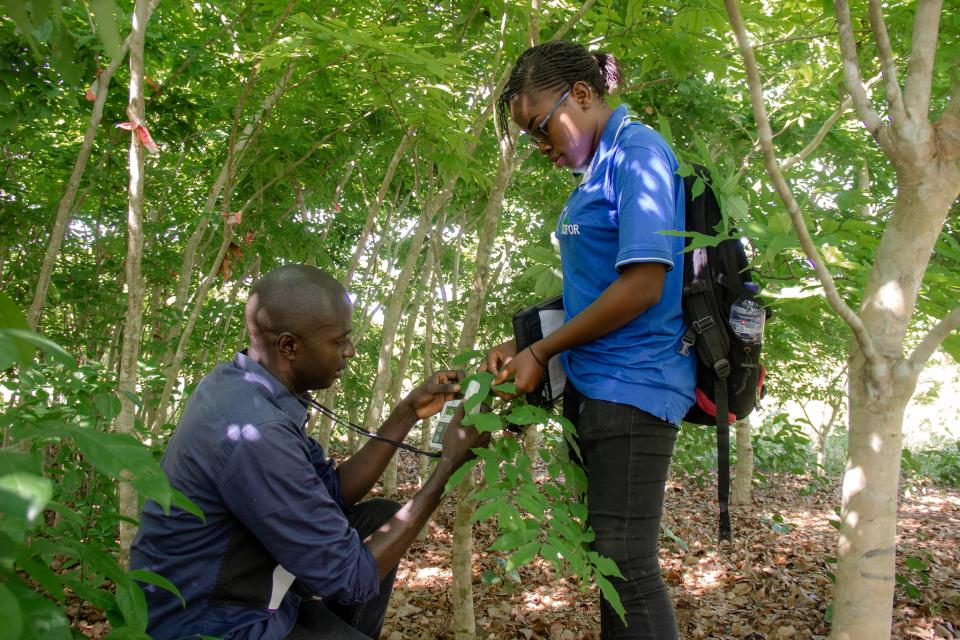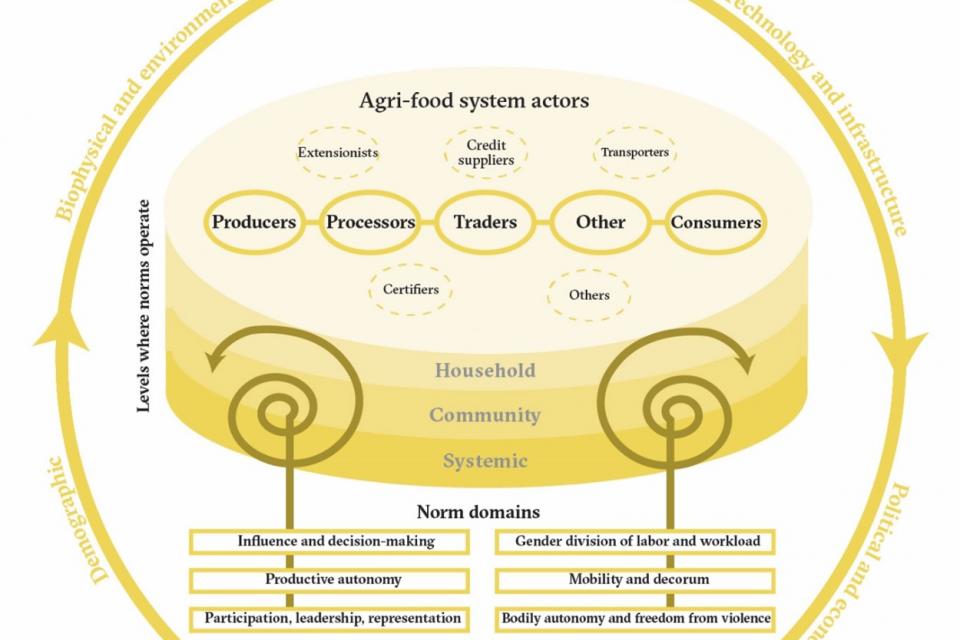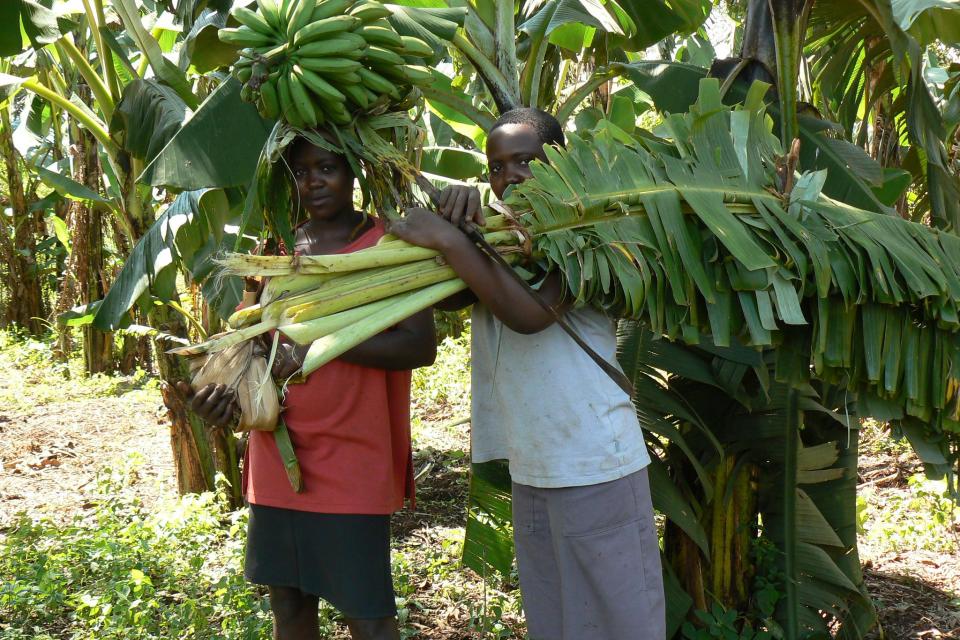Breaking the GESI policy-practice gridlock in agriculture in Ethiopia: GESI scorecards as self-assessment tools
 Photo: Maheder Haileselassie/IWMI
Photo: Maheder Haileselassie/IWMI
- Ethiopia has been a forerunner in integrating gender and social inclusion (GESI) into agriculture policies and strategies. However, transforming these GESI strategies into practice has been a key challenge.
- The policy-practice gridlock requires, amongst other things, building capacity and ensuring necessary resources for implementing actors to understand, apply, and monitor interventions designed to address GESI.
- The Ukama Utsawi Initiative proposes a bottom-up approach to reviewing performance and impact: Gender score cards that are co-designed with relevant institutional actors, which will allow self-review and monitoring of intervention actions and their outcomes.
Gender mainstreaming guidelines: Translating policy to practice.
The commitment of the Ethiopian Government to promoting gender equality and women’s empowerment across all developmental domains is evident from its Federal Constitution of 1995, the National Policy on Women of 1993, the National Action Plan for Gender Equality of 2006–2010, the Ethiopian Women’s Development Package, and the ratification of relevant international legal frameworks and instruments. At the sectoral level, the Ministry of Agriculture’s commitment to gender equality and social inclusion (GESI) in agriculture is reflected in its revised Agriculture and Rural Development Policy. To promote gender equality and women’s empowerment, the Ministry has also developed sector-specific gender mainstreaming guidelines in 2011 and the Gender Equality Strategy for the Agriculture Sector (GESA) in 2017 (revised in 2023). However, subsequent gender-responsive policies have not tackled deep-rooted gender inequalities. Recognizing this policy-practice gridlock, the Ministry aimed to revise and update the 2011 gender mainstreaming guidelines as a practical tool to complement the newly revised GESA. To draw much-needed attention to GESI and other challenges, a workshop was co-organized by the International Water Management Institute (IWMI)-led Ukama-Ustawi Initiative’s Empower and Engage work package and the Ministry of Agriculture, bringing together key actors and stakeholders to study and revise gender mainstreaming guidelines


